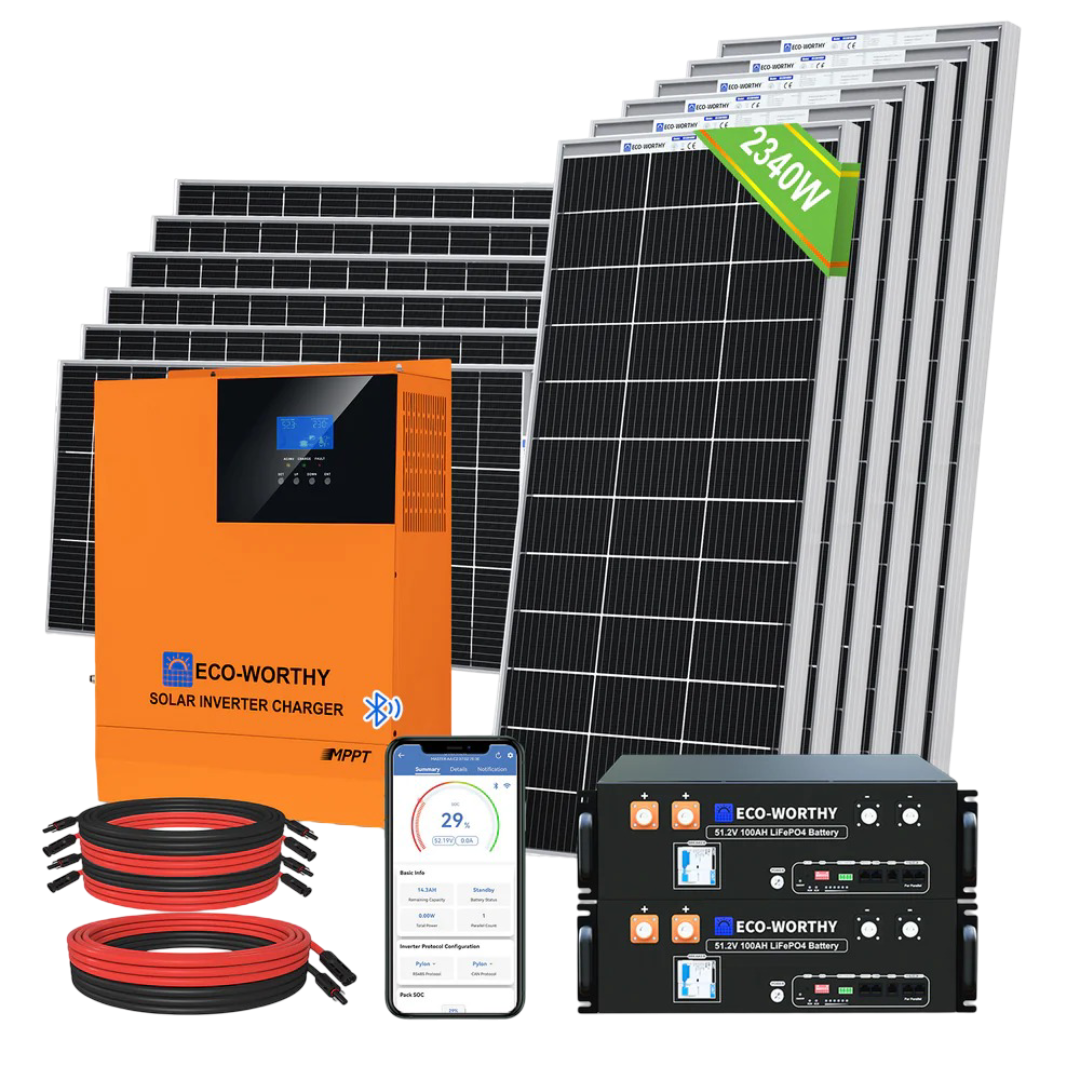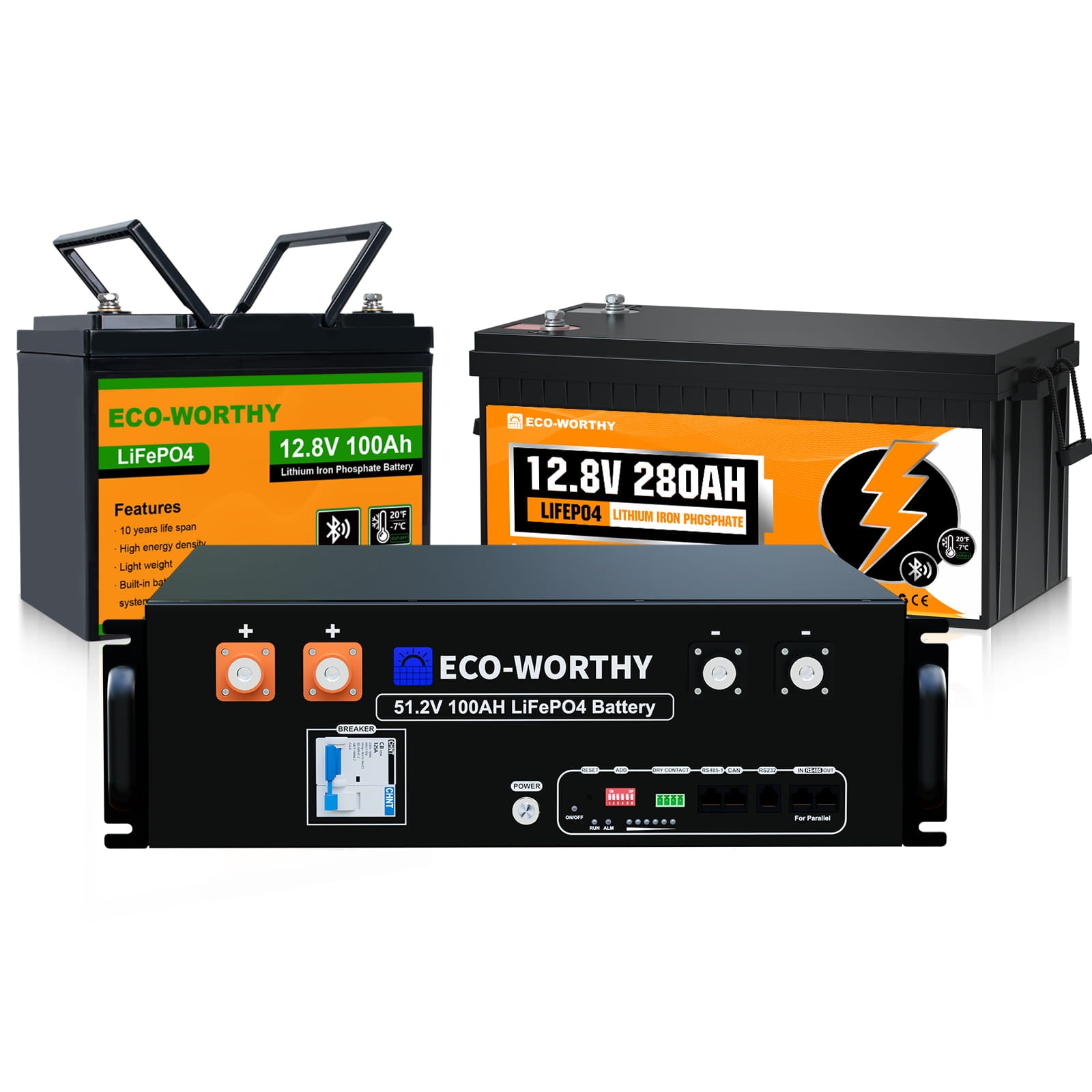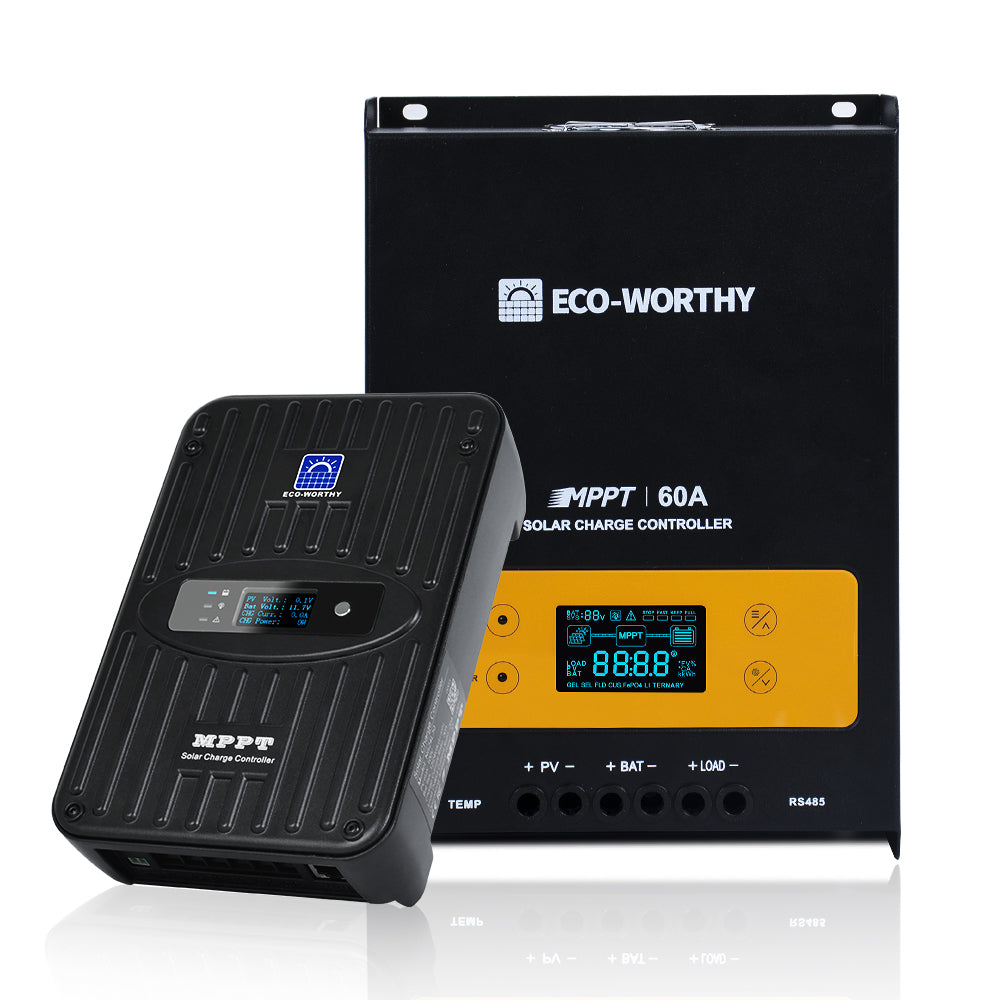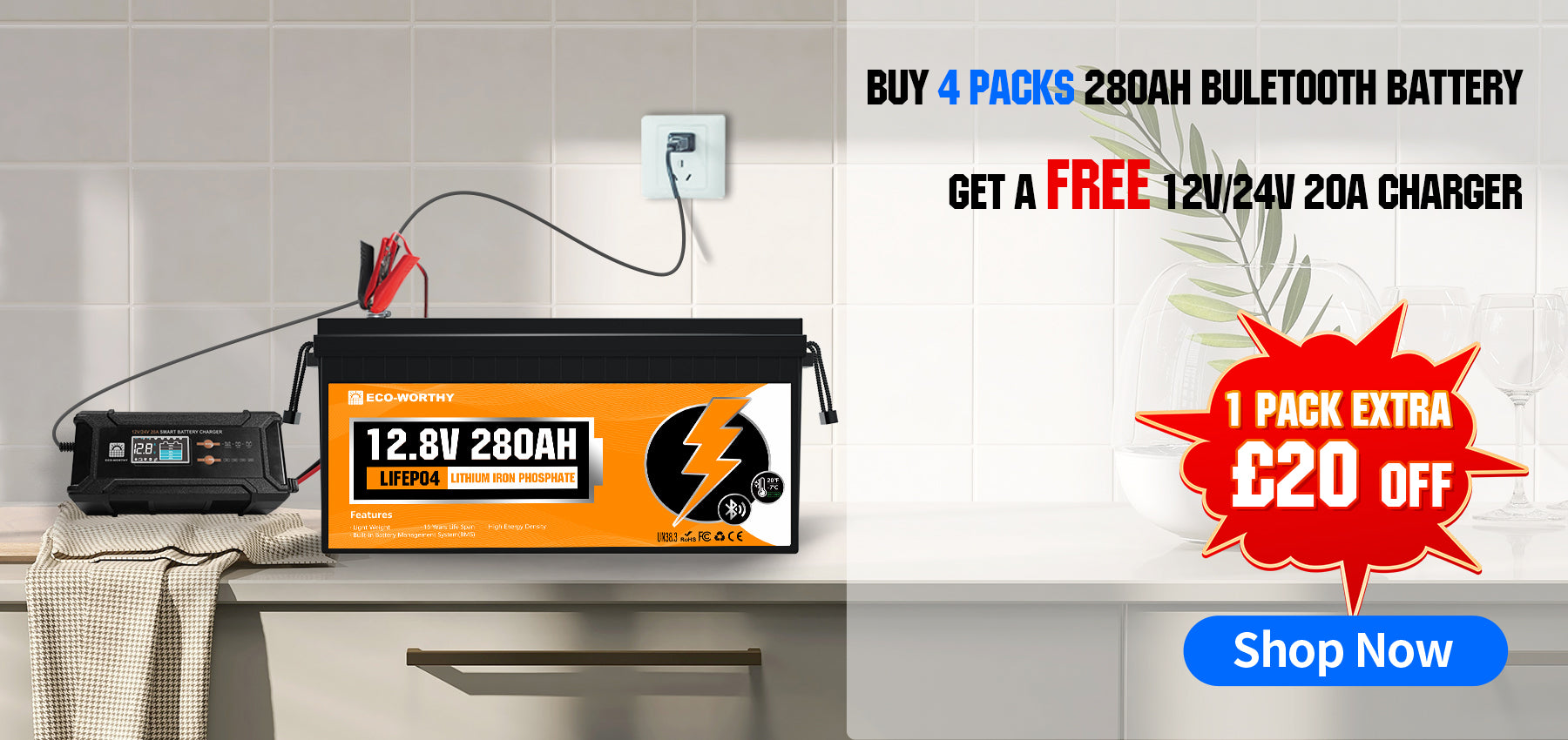Standard vs. Lithium-Specific Chargers: What's the Difference?
1. Standard Chargers: The Basic Approach
Standard chargers, commonly included with many electronic devices, offer a straightforward charging solution. These chargers typically provide:
- Fixed voltage output
- Simple, one-stage charging process
- Limited or no adjustability for different battery types
- Basic safety features
While convenient and often less expensive, standard chargers are designed for general use and may not cater to the specific needs of lithium batteries.
2. Lithium-Specific Chargers: The Specialized Solution
In contrast, lithium-specific chargers are engineered to meet the unique requirements of lithium batteries. These advanced chargers offer:
- Precise voltage control tailored to lithium battery chemistry
- Multi-stage charging process (constant current, constant voltage, and cut-off or float stages)
- Adaptive current management based on the battery's state of charge
- Advanced safety features, including temperature monitoring and overcharge protection
- Often programmable to accommodate different lithium battery types (Li-ion, LiPo, LiFePO4)
Lithium-specific chargers use sophisticated algorithms to optimize the charging process, providing a more efficient and safer charging experience for lithium batteries.
Why Choosing the Right Charger is Essential for Your Lithium Battery
Selecting the appropriate charger for your lithium battery is more than just a technical detail-it's a crucial decision that impacts your device's performance, safety, and longevity.
1. Extend Battery Life and Boost Performance
Using the correct charger for your lithium battery is crucial for maximizing its performance and longevity. Lithium-specific chargers prevent overcharging, maintain optimal charge levels, and adapt to the battery's changing needs. These factors significantly extend your battery's overall lifespan, providing more charge cycles and consistent performance over time.
2. Ensure Safety and Prevent Damage
Safety is paramount when dealing with lithium batteries. The right charger plays a vital role in mitigating potential risks by preventing overheating, reducing the risk of thermal runaway, and monitoring battery temperature. Using a charger specifically designed for lithium batteries greatly reduces the risk of accidents or damage to your device.
3. Save Money in the Long Run
While lithium-specific chargers may have a higher upfront cost, they offer long-term economic benefits. They extend battery life, reduce the frequency of replacements, and maintain battery efficiency. This investment can lead to significant savings over the life of your lithium-powered devices.
How to Choose the Right Charger for Your Lithium Battery
Selecting the perfect charger for your lithium battery doesn't have to be complicated. With the right information, you can make an informed decision. Here's what you need to know:
1. Know Your Battery's Specifications
Before shopping for a charger, familiarize yourself with your battery's key specifications. The most crucial factor is voltage. Every lithium battery has a specific voltage requirement, ranging from 3.7V for a single cell to 14.8V for a four-cell battery. Your charger must match this voltage precisely to avoid under or overcharging.
Another important specification is battery capacity, measured in milliamp-hours (mAh) or amp-hours (Ah). While capacity doesn't directly affect charger selection, it influences charging time and the appropriate charging rate.
2. Find a Charger That Matches Your Battery
Once you understand your battery's needs, look for a charger that meets those requirements. The charger's output voltage should match your battery's nominal voltage exactly. A mismatch could lead to inefficient charging or even damage your battery.
The charging current, measured in amps, is also important as it affects charging speed. Generally, a charging current of 0.5C to 1C (where C is the battery's capacity in amp-hours) is safe and efficient for most lithium batteries.
3. Balance Charging Speed and Battery Health
While fast charging is convenient, it's not always the best choice for your battery's longevity. Rapid charging can generate more heat and stress, potentially shortening your battery's lifespan. Consider whether speed or longevity is more important to you.
Look for chargers with adjustable current settings or smart charging capabilities. These features allow you to tailor the charging process to your specific needs, balancing speed and battery health.
ECO Worthy's 5A & 10A 12V Smart Battery Charger: Your All-in-One Power Solution
As for efficient and intelligent battery charging, ECO Worthy's 5A & 10A 12V Multi-Mode Smart Battery Charger stands out from the crowd. This versatile device offers a range of features designed to simplify your charging experience while ensuring optimal battery care.
1. Dual-Purpose Powerhouse
Forget juggling multiple chargers. ECO Worthy's 5A & 10A 12V Multi-Mode Smart Battery Charger tackles both 12V Lead Acid and 12V Lithium (LiFePO4) batteries, offering versatility that saves you time and money.
2. Your Battery's Guardian Angel
This smart charger comes equipped with a sixth sense for battery health. It'll alert you when your battery needs attention, whether it's a quick charge or time for a replacement. It's like having a mechanic on standby, 24/7.
3. Plug, Play, and Walk Away
No need for an engineering degree here. With user-friendly connections and a plug-and-play design, you'll have your 5A & 10A 12V Multi-Mode Smart Battery Charger up and running in no time. It's so simple, you might actually look forward to charging your battery.
4. One Charger, Endless Possibilities
From your car to your boat, and everything in between, ECO Worthy's 5A & 10A 12V Multi-Mode Smart Battery Charger is ready for action. Its wide compatibility means you've got a one-stop charging solution for all your vehicles and devices.
Ultimate Guide to Charging and Maintaining Your Lithium Battery
Charging your lithium battery isn't just about plugging it in and walking away. To ensure optimal performance and longevity, it's crucial to understand the nuances of the charging process. Let's explore some key aspects of lithium battery charging and maintenance.
Step-by-Step Charging Process
- Prepare the Area: Before you begin, ensure your charging area is clean, dry, and well-ventilated. Remove any flammable materials from the vicinity.
- Inspect Equipment: Give your battery and charger a quick once-over. Look for any signs of damage, such as frayed wires or swollen battery casings.
- Connect Securely: Attach the charger to your battery, ensuring a secure connection. Double-check the polarity to avoid any mishaps.
- Initiate Charging: Plug in the charger and initiate the charging process. Many modern chargers will automatically detect the battery type and adjust settings accordingly.
- Monitor Progress: Keep an eye on the charging progress. Most smart chargers will indicate when the battery is fully charged.
- Safely Disconnect: Once charging is complete, unplug the charger from the power source before disconnecting it from the battery.
Essential Maintenance Tips
Regular care can significantly extend your battery's lifespan. Lithium batteries are sensitive to temperature extremes, so store and charge them in a cool, dry place. Periodically clean the battery terminals with a dry cloth to prevent corrosion and ensure good conductivity.
For everyday use, try to keep your battery's charge level between 20% and 80%. Avoid fully depleting the battery whenever possible. Even when not in use, check your battery every few months and give it a quick charge to prevent deep discharge.
Solving Common Charging Problems
Despite your best efforts, you might encounter some charging issues. If your battery is taking longer than usual to charge, check for loose connections or a faulty charger. In some cases, slow charging might indicate that the battery is nearing the end of its lifespan.
Overheating during charging is a serious issue. If the battery feels hot to the touch, disconnect it immediately and seek professional help. If your battery drains quickly after charging, it might be time for a replacement. Typically, lithium batteries last 2-3 years or 300-500 charge cycles.
Power Up Your Lithium Battery Wisely
As we've explored, choosing the right charger for your lithium battery is crucial for its performance, safety, and longevity. Whether you opt for a specialized charger like ECO Worthy's 5A & 10A 12V Smart Battery Charger or another suitable option, remember to match your charger to your battery's specifications. By following proper charging procedures and maintenance tips, you can significantly extend your battery's life and ensure it performs at its best. With the right knowledge and tools, you're now equipped to make informed decisions about charging your lithium batteries. This investment in understanding and care will pay off in the long run, keeping your devices powered up and ready when you need them most.

















